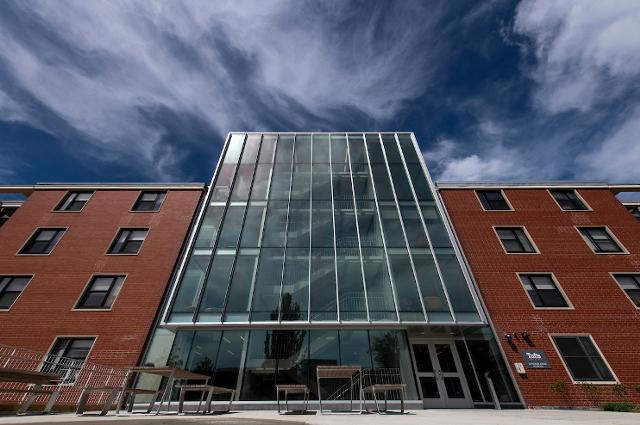-
About
- Departments & Offices
-
Academics
- Physician Assistant
- Special Master’s (MBS)
-
Admissions & Financial Aid
- Tuition & Fees
-
Student Life
-
Research
- Research Labs & Centers
-
Local & Global Engagement
- Global Health Program
Higher Education’s Role in Fighting the Coronavirus
Colleges and universities must take a leadership role in relieving the unprecedented stress of COVID-19 on our health-care system

By Anthony P. Monaco
The quickly expanding COVID-19 outbreak in the United States is soon expected to outstrip the capacity of our hospitals, as in Italy, where they have resorted to makeshift tents, hallways, and parking lots. When this happens, colleges and universities must take a leadership role in relieving this unprecedented stress on our health care system.
Most colleges and universities have sent students home in order to “de-densify” their campuses and reduce the potential for community spread. As a result, universities currently have a surplus of residential capacity with well-developed infrastructure—Wi-Fi and IT networks, dining services, and the ability to zone off residential areas for different purposes. These campuses are well situated to relieve stress on local hospitals as they reach peak capacity due to the COVID-19 outbreak.
Recently, a Tufts University undergraduate who had tested positive for COVID-19 unintentionally exposed other individuals to the virus, all of whom have been tracked and asked to self-isolate. From our experience responding to this need for students to self-quarantine and working with our affiliated hospital, Tufts Medical Center, I have identified five actions that colleges and universities with significant residential capacity should take now to help our communities.